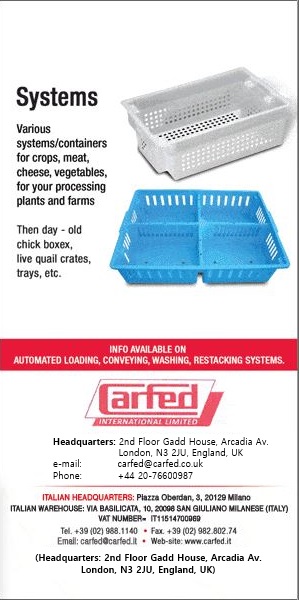The Food and Agriculture Organisation of the United Nations (FAO) has proposed to initiate a dialogue between the three private sector operators in the North East and North Africa (NENA) region, for transforming the agri-food systems and achieving the sustainable development goals outlined in the 2030 Agenda
The dialogue between MSMEs, start-ups, digital agriculture and youth-and women-led businesses; large national and multinational companies and state-owned enterprises engaged in production, processing, distribution and retail; and financial institutions, such as commercial banks and private investors, impact investors and other private investment institutions, will help identify the challenges faced by the region’s agri-food systems and the opportunities for addressing them.
The initiative has been organised by the regional office for the Near East and North Africa – FAO, with the support of the Islamic Development Bank Group Business Forum (THIQAH).
The 2021-2025 FAO strategy for private sector engagement proposes a new vision for strengthening and achieving the Sustainable Development Goals (SDGs). Its new strategy recognises that mobilising the capacities and resources of the private sector, is essential for achieving the SDGs, particularly SDG2 which entails ending hunger and achieving food security, improving nutrition, and promoting sustainable agriculture.
In the NENA region, the private sector plays an important role along the whole food chain, so much so that, the region’s food and agriculture sectors are poised to meet some of the biggest challenges in the pursuit of SDG 2. Whether it is about providing a growing population with affordable, accessible, and nutritious food; or reducing hunger and malnutrition, combating growing obesity, and dealing with the impacts of climate change and water scarcity, or other environmental concerns, such as pests and contagious diseases, the private sector plays a central role in addressing these challenges by offering innovative tools, resources, knowledge and technologies.
The private sector can further adopt more inclusive and resilient practices, and invest in more efficient and sustainable technologies, to help transform the agri-food systems. Governments, civil society, development partners, research and the private sector, have much to gain through a collaborative partnership that is needed to achieve the SDGs.









